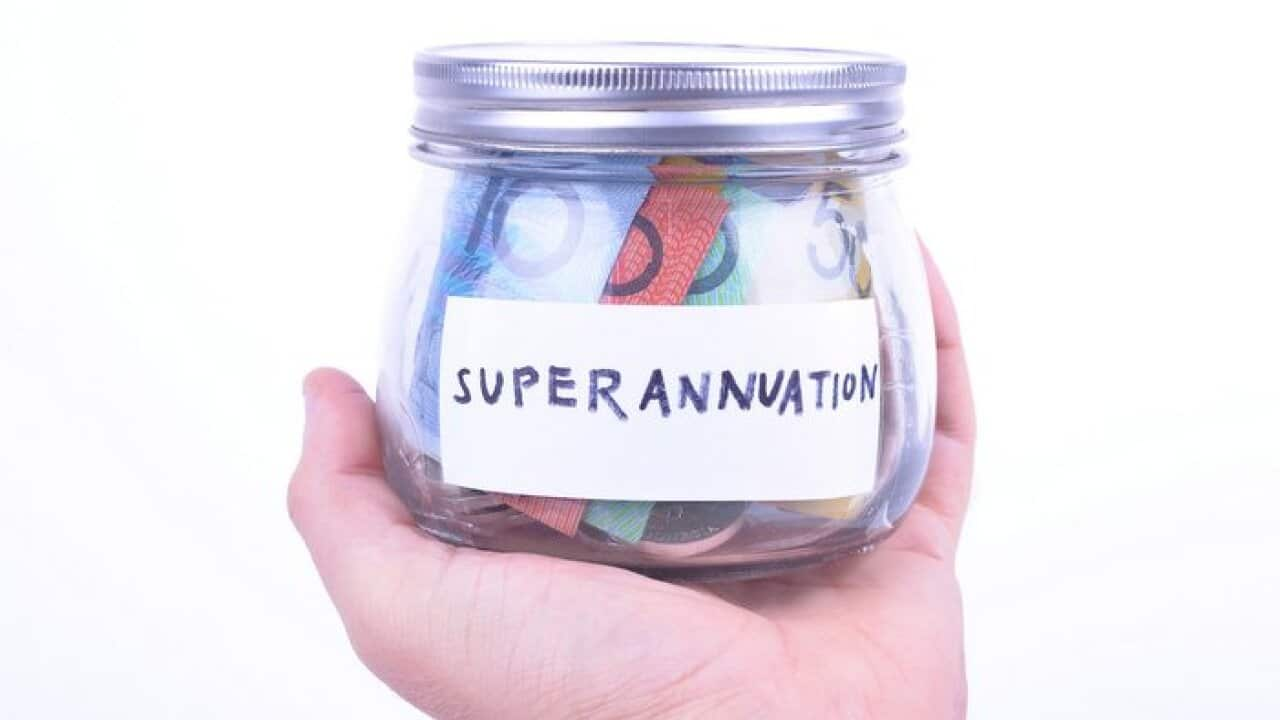Personal superannuation, commonly known as “super”, is money that is saved while you’re working, to be used once you retire.
While Australians receive an age pension, it’s a very modest amount so the money put aside through superannuation is important if you want to live comfortably later on in life.
“When people retire they will have money in a superannuation account which they can take as a lump sum or they can draw it down weekly or fortnightly like their own private pension and in the majority of people’s situations, they will still get some government pension. Some people will get a full pension but a number of others will get part pensions,” explains Laura Wright, the Acting CEO of NGS Super, a fund for teachers and community workers.

Source: Getty Images
Your employer must pay you super
Currently, your employer must pay the equivalent of 9.5% of your salary into your super fund account. By 2025, that should increase to 12%.
It’s compulsory for your employer to pay super on what you earn, unless you earn less than 450 dollars per month.
You can also contribute yourself
If you can afford it, it's a good idea to on top of the one made by your employer. Small personal contributions made early in life can have significant benefits when retirement comes around.
“Each week, you say 'I have one less cup of coffee and I put $3.50 into my superannuation account' and you start in your early 20s and you do that every week until your retirement age, let’s say around 60, that $3.50 per week will give you an additional estimated amount of $25 000,“ says Wright.
While there are other ways to save money for your retirement, like putting money in the bank or buying shares, the government encourages saving through super by giving it favourable tax treatment.
Choosing a super fund
Unlike in other countries, where the government runs super, Australian super contributions are paid to private insurers and superannuation funds. There are nearly 200 funds to choose from.
You don’t need to be a citizen to join a super fun. As long as you’re working in Australia and making more than $450 per month, your employer will need to pay contributions to your super fund.
Most employees can choose their super fund, but some industrial awards specify a fund. Your employer might suggest a fund or you can do some research to find out which fund works best for your needs.
Once you’re a member of a super fund, you’ll be able to check the balance in your super account and see where your money is invested.
Your contributions to your super fund are pooled with other members' money and invested by professional investment managers in various ways. The annual investment gains are then distributed among the members of the fund.

Investment return Source: Getty Images
Consolidating your super
It’s best to have your super in one fund, if possible, to avoid paying several annual fees.
If you have super in different funds and want to consolidate it in one fund, you can visit your fund’s website or give them a call and they will explain how to go about it. The process is usually simple.
is, you can go through the Australian Tax Office (ATO) and your myGov account to find out.
Accessing your super
If you're born after 30 June 1964, you can at 60 and 64, if you're retired. Everybody can access their super from 65, whether retired or not.
The money can be taken out as a lump sum or received as a weekly or fortnightly payment.
In some specific situations, such as a medical condition or financial hardship, super can be accessed early, but it’s rare.
Where to find more information
If you want to learn more about super, the , and the , some super funds provide information in a range of languages.
